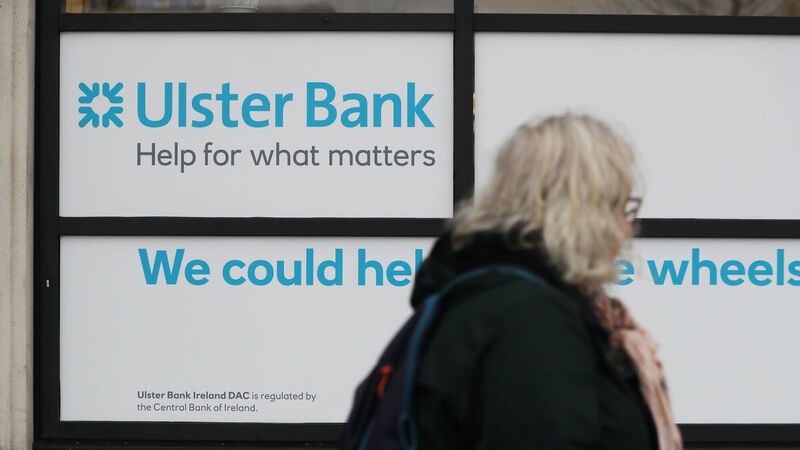John Whelan: Why small firms will be worst hit as Ulster Bank pulls out

The announcement by NatWest that it would be phasing out its Ulster Bank operations in Ireland will put a shiver down the backs of the 40,000 small businesses scattered across the country. Picture: Brian Lawless/PA
Michael Carey, former chairman of Bord Bia, was part-financed by Ulster Bank when he decided to start up a new company, East Coast Bakehouse, back in 2016.
Despite his own track record in running Jacob Fruitfield Food Group and pumping a large chunk of his own cash into the new venture, the search for bank funding was particularly torturous, he told a business audience.











